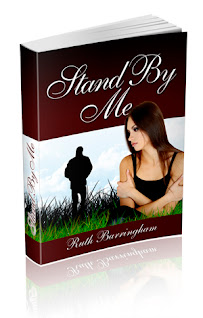It was quite the binge-fest, which was good because Stranger Things is one of the best shows I've ever seen.
Luckily, there was also a follow-up 2- hour documentary called" One More Adventure" which was all about the making of season 5, and it was fascinating to watch.
Stranger Things was created, written and produced by the Duffer brothers, Matt and Ross. The brothers were extremely hands-on in every aspect of making Stranger Things.
One of the many things I found interesting in the documentary was that they had stand-ins for every main actor, and they would run through every scene repeatedly with the look-alike stand-ins, going over and over every small detail until they got it perfect. Then they'd bring in the main actors and show them the footage of exactly what they had to do, where they had to stand and which direction they wanted them to look in. And thanks to all the previous work with the stand-ins, the crew had all the lighting and camera angles prepared.
As I watched it, I thought about what a great idea it was to do all the preparation beforehand because sometimes they realised that what they'd written in the script didn't work in actual execution, so they had to change things on the go.
And I realised that it's the same when I outline a book before writing it. I begin with my ideas (script) and then flesh them out into an outline. And this is where I find out if something is missing, or the order of things doesn't make sense, or if there's something that I've left out.
When I'm writing a short story, it's fun to 'pants' it without an outline, and even if it goes wrong, I don't have to go back far to fix it.
But when I'm working on a book, it's a project that's too big for errors, and I don't want to get it wrong or leave something out.
I prefer to work like the Duffers on big projects and get everything in place before the final 'take.'
Not only is it helpful, but it makes the actual writing a lot more fun.











